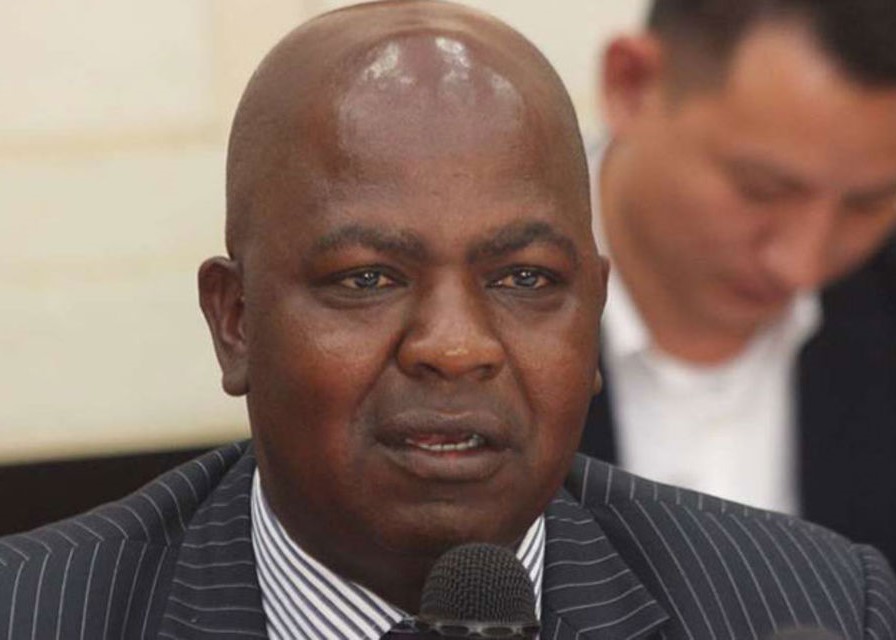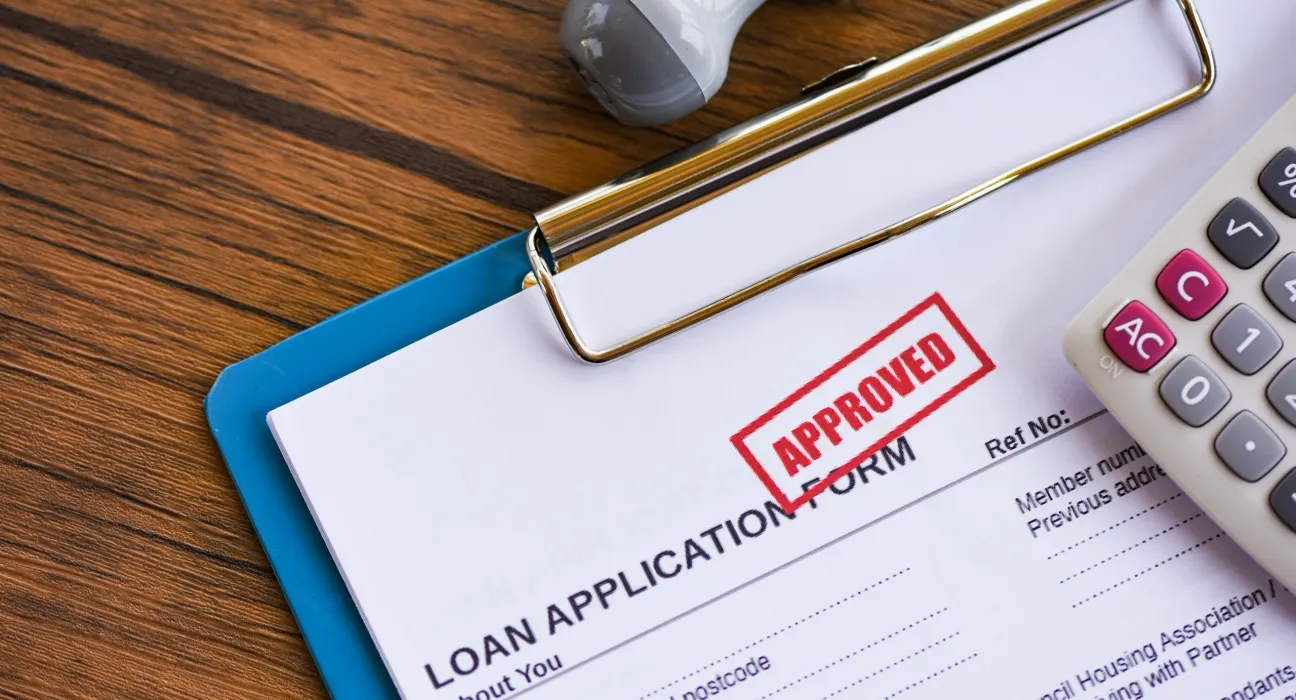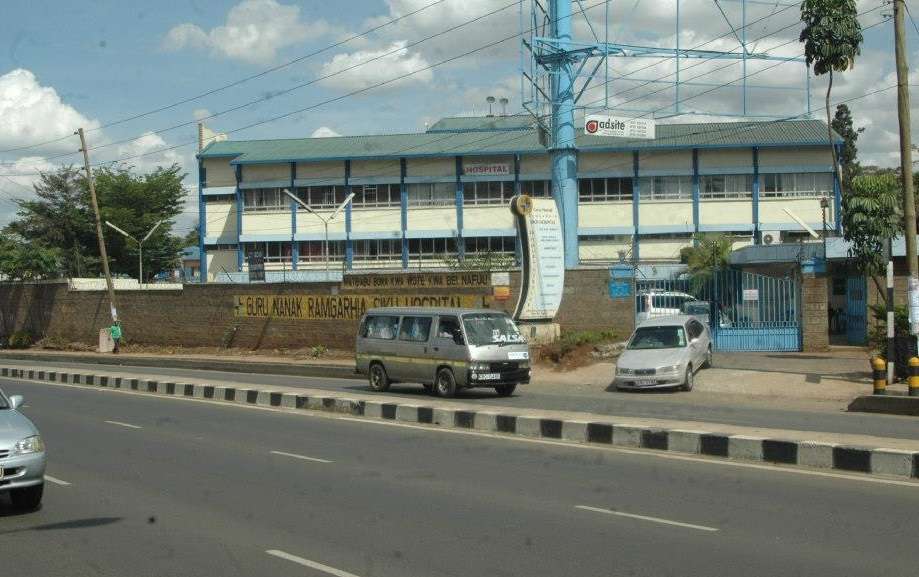KRC is among 35 State-Owned Enterprises (SOEs) in the agriculture, energy, finance, health, transport, and water sectors, whose combined debts amount to Ksh 874.9 billion, representing approximately 17 per cent of Kenya’s total external debt of Ksh 5.2 trillion
By The Weekly Vision Reporter
Kenya Railways Corporation (KRC) is facing a severe financial crisis after failing to meet repayment obligations for loans totalling Ksh569.3 billion borrowed in 2014 and 2015 to finance the construction of the Standard Gauge Railway (SGR).
According to a report by Auditor-General Nancy Gathungu presented before the National Assembly Committee on Debt and Privatisation, the debt includes both principal and capitalised interest accrued during the grace period of the loans. The SGR project was divided into four phases: Phase 1, Phase 2A, Phase 2B, and Phase 2C, but as of 30 June 2024, only the first two phases had been completed.
KRC is among 35 State-Owned Enterprises (SOEs) in the agriculture, energy, finance, health, transport, and water sectors, whose combined debts amount to Ksh 874.9 billion, representing approximately 17 per cent of Kenya’s total external debt of Ksh 5.2 trillion.
State-owned enterprises are legal entities established by the government through Acts of Parliament, in which the State holds a controlling share, and are mandated to implement key national projects and programmes. “The audit established that the Kenya Railways Corporation was not meeting its loan obligations. Review of loan records revealed that the Corporation received three on-lent loans in 2014 and 2015 for the implementation of the Standard Gauge Railway Line Project,” reads the Auditor-General’s report.
The audit found that KRC is not generating sufficient revenue from SGR operations to service its debts. It also revealed that the project’s financial objectives, as outlined in its feasibility studies, have yet to be fully realised.
The report further noted that Kenya Ports Authority (KPA), which is responsible for collecting and remitting SGR freight revenues under the Take or Pay Agreement (TOPA) signed on 30 September 2014, had not been remitting all the funds to KRC.
Under the TOPA, KPA was mandated to collect freight charges for goods transported via the SGR on behalf of KRC, deduct a small administrative fee, and transfer the remaining amount to an escrow account every month.
However, the Auditor-General’s findings show that between July 2023 and December 2024, KPA collected USD 162 million (approximately Ksh22.6 billion) in SGR freight revenue but remitted only USD 116 million (Ksh16.2 billion) to the escrow account.
KPA deducted USD 940,708 (Ksh130 million) in monthly administration fees and retained USD 45 million (Ksh6.3 billion) to cater for potential refunds, tariff disputes, and discounts.
The report, however, points out that no clause in the Take or Pay Agreement authorises KPA to unilaterally deduct and retain monthly revenue collections for such purposes. “The audit established that the retained revenues catered for potential refund claims arising from tariff disputes and discounts despite the lack of provisions for such retention in the Take or Pay Agreement,” the report states.
The Auditor-General observed that the retention of SGR revenues by KPA deprived KRC of vital funds required for loan repayment, further straining the corporation’s financial position.
Analysts warn that the continued shortfall in revenue and unresolved issues between KRC and KPA could expose the government to higher debt servicing pressures, with taxpayers ultimately shouldering the burden. The findings now raise critical questions about the financial sustainability of the SGR and the broader management of Kenya’s state-owned enterprises amid the country’s rising public debt levels.





